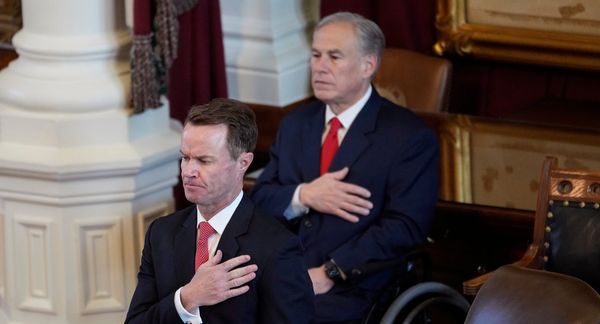
A comprehensive report, which the British Parliament task force on antisemitism in higher education released last month, provides extensive personal testimonies of Jewish students and staff at universities across the United Kingdom.
The 44-page report draws upon a year of research, including interviews at 50 colleges and universities. It recommends that higher education institutions embrace the International Holocaust Remembrance Alliance (IHRA) working definition of antisemitism in order to foster trust with Jewish students and faculty and staff members.

There is also a need for higher educational institutions to better accommodate reasonable adjustments for religious students, faculty and staff, and to review their procedures through which complaints are reviewed, per the report.
“The majority of Jewish students and staff have a positive time at university, encountering or witnessing very little antisemitism,” per the report. “However, when antisemitism does occur, the impact each incident has on the small community of Jewish students and staff should not be underestimated.”
The report also noted that antisemitism often goes unreported, as in what it calls “microaggressions” that “demonstrate how prejudice is normalized without anyone recognizing its impact.” Among the examples the report cites are friends telling one Jewish student to settle a bill “because they could afford it,” and another Jewish student being told at a party, “You’re too pretty to be Jewish.”
A postgraduate researcher reported a colleague refused to collaborate, or even to respond to communications, upon learning of the researcher’s Israeli roots.
“Education about antisemitism should be embedded within wider equality, diversity and inclusion training structures and all anti-racism training, at all levels of the university,” the report recommended.
Lord John Mann, the UK government’s independent adviser on antisemitism, who established the task force that issued the report, stated that it is “a vital piece of research that will help both guide universities and support Jewish students and staff on campus.”
The report demonstrates that institutions can allow free speech and protect Jewish students against antisemitism if they have “clear definitions, good systems and have included Jewish students and staff in creating a safe space on campus,” Mann stated. He added that the report doesn’t name the schools that came up short, but “I will be keeping a close eye on which universities choose to improve their systems.”

Aurele Tobelem, president of the King’s College London Israel Society, a student group, told JNS that online antisemitic harassment “merits far more attention than is given to it in the parliamentary report.”
“People often feel far more empowered spewing hatred towards Jewish students from the comfort of their mobile phones,” said the first-year student. “When I was ‘outed’ as a supporter of Zionism to members of a large student group chat, I was faced with vile and humiliating antisemitic vitriol.”
Tobelem agreed with the report’s recommendation about adopting the IHRA working definition. It is “the only one currently in use, which holds others accountable for actions which, disguised as criticism of the State of Israel, perpetuate psychological or physical harm upon Jewish students,” he said.
Gavriel Solomons, a final year University of Hertfordshire student, told JNS that the report is “highly encouraging.” But he said the report could do a better job explaining how adopting and using the IHRA working definition can coexist with supporting free speech.
The vice chair of the National Jewish Assembly’s youth wing, Solomons also questioned the degree to which the Union of Jewish Students (UJS)—which helped identify Jewish student participants for the report research—truly represents the 9,000 or so Jewish students in the UK and Ireland.
“Only a small minority directly engage with UJS or vote in its elections,” said Solomons.
Arieh Miller, UJS chief executive, told JNS that the union proudly supports Jewish students across the country, including more than 6,000, in 75 Jewish societies, with whom it has engaged directly.
“Any Jewish student can run for election or submit a motion, and our team will be on hand to assist those who wish to engage in UJS,” said Solomons.
Solomons also questioned the wisdom of the report not naming schools that are failing Jewish students. That “might be seen as practical, to give them an opportunity to save face by quickly changing their practices,” but “it might be better in the long term for it to be made clear which universities are letting Jewish students down,” he said.
Rojin-Sena Cantay, a University of Exeter history student, told JNS that the report reveals that universities must foster safe environments for Jewish students to study and “exist as Jews,” beyond just providing better for their religious needs.
“The issue in many cases is not accommodating Jewish students in kosher environments, but rather about creating a safe environment for them to study as Jews on campuses,” said Cantay.
Produced in association with Jewish News Syndicate
Edited by Alberto Arellano and Jessi Rexroad Shull







